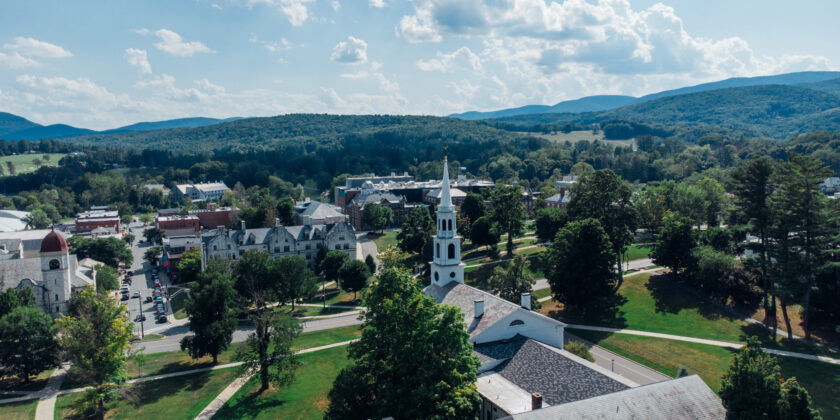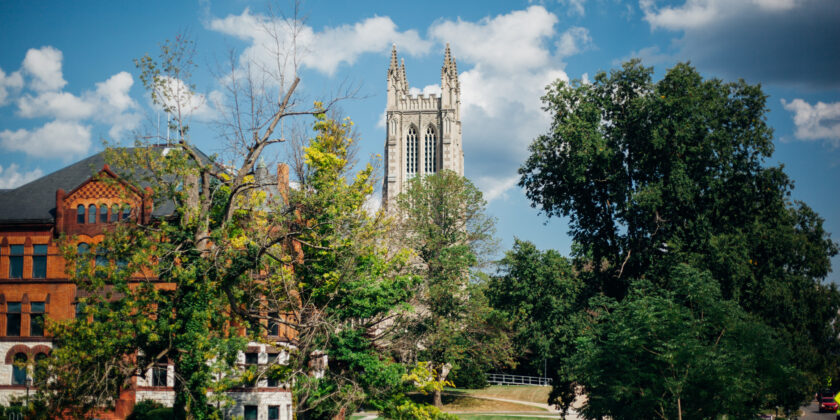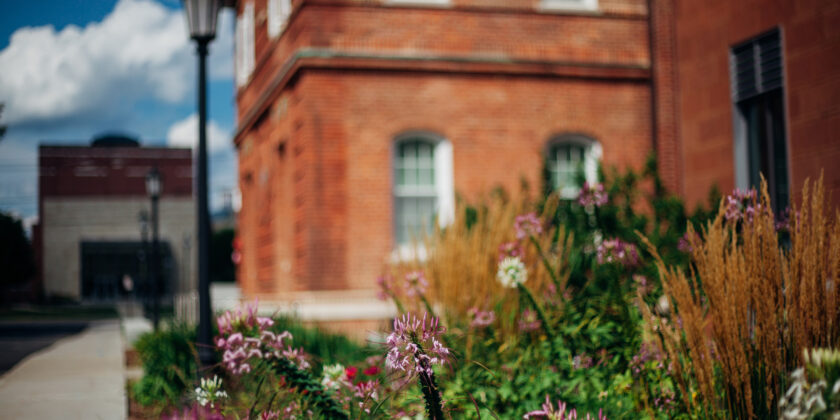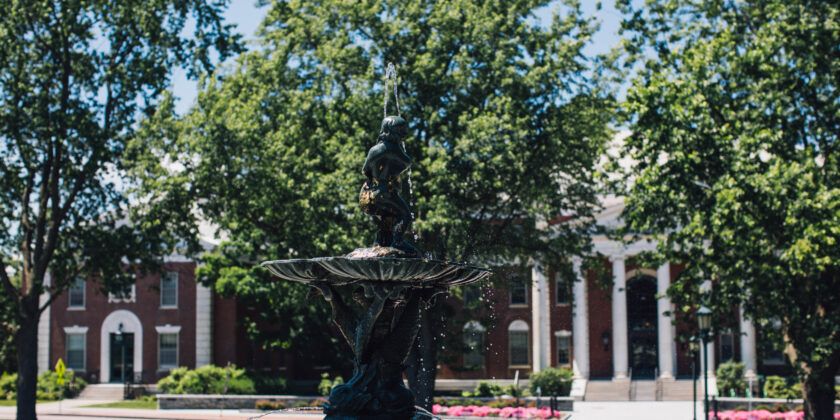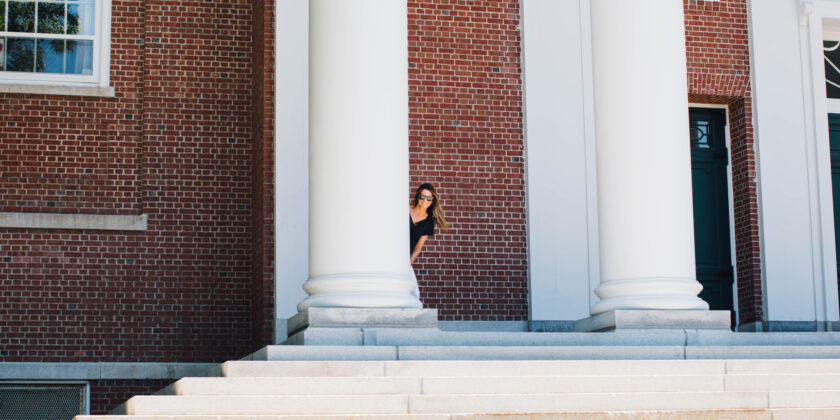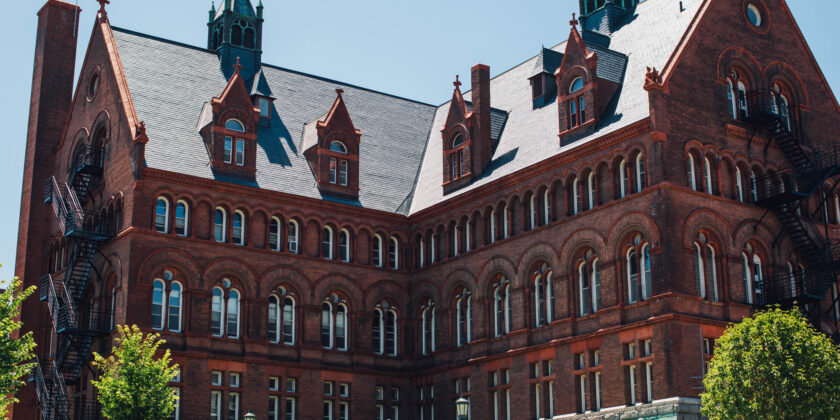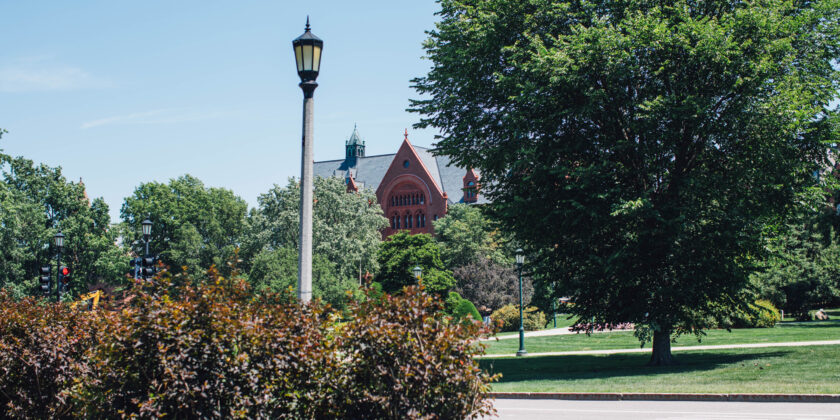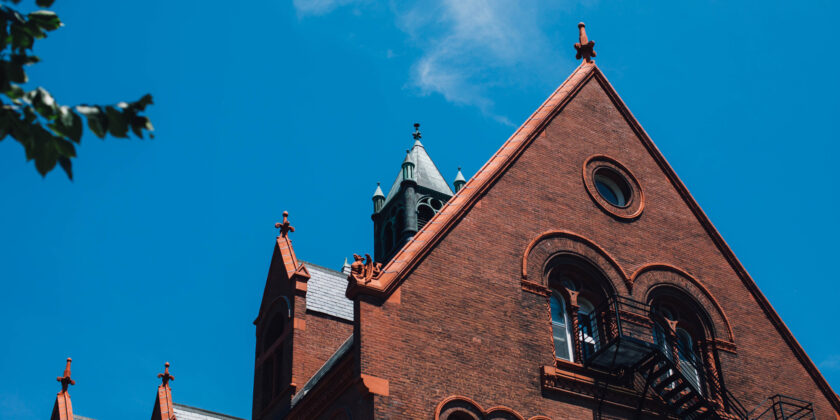There are tons of interesting and fun summer programs out there! However, the ones we most often suggest are those that help you explore your academic interests. As part of your college application, they help demonstrate your intellectual curiosity and commitment to an area of study (typically, the one you might pursue in college).
The following programs are some of our favorites for students interested in science/science research.
The Air Force Research Laboratory (AFRL) Scholars Program
The Air Force Research Laboratory (AFRL) Scholars Program offers stipend-paid internship opportunities for undergraduate and graduate-level university students pursuing STEM degrees, as well as upper-level high school students; select locations also offer internships to university students pursuing education-related degrees and K–12 professional educators. The selected interns gain valuable hands-on experiences working with full-time AFRL scientists and engineers on cutting-edge research and technology and are able to contribute to unique, research-based projects.
Anson L. Clark Scholars Program
Through this seven-week, intensive research program, 12 juniors and seniors will have the opportunity to participate in hands-on research in a variety of areas at Texas Tech University with faculty. Scholars receive room and board, and at the successful completion of a project report, they will earn a $750 stipend. In addition to research, scholars will participate in activities, seminars, and field trips.
Garcia Program, Stony Brook University
This is an intensive seven-week program for gifted high school students which combines formal instruction with independent research and allows students to design original research projects with guidance from Garcia Center faculty, students, and staff. Students can continue during the academic year in the Mentor Program, which allows them to plan a research schedule with a faculty mentor throughout the year. Pre-arranged transportation and class schedules are coordinated with local school boards to enable students from a large geographical area to enroll in the program. Almost three hundred high school students have participated in this program since its inception.
Research Science Institute, Massachusetts Institute of Technology
Each summer, 80 of the world’s most accomplished high school students gather at the Massachusetts Institute of Technology (MIT) for the Research Science Institute (RSI). RSI is the first cost-free to students, summer science & engineering program to combine on-campus coursework in scientific theory with off-campus work in science and technology research. Participants experience the entire research cycle from start to finish. They read the most current literature in their field, draft and execute a detailed research plan, and deliver conference-style oral and written reports on their findings. RSI scholars first participate in a week of intensive STEM classes with accomplished professors. The heart of RSI is the five-week research internship where students conduct individual projects under the tutelage of mentors who are experienced scientists and researchers. During the final week of RSI, students prepare written and oral presentations on their research projects.
NASA & CalTech Jet Propulsion Lab
NASA Office of STEM Engagement (OSTEM) paid internships allow high school and college-level students to contribute to agency projects under the guidance of a NASA mentor.
COSMOS, University of California (Multiple Campuses)
COSMOS is an intensive four-week summer residential program for students who have demonstrated an aptitude for academic and professional careers in science, technology, engineering and mathematics (STEM) subjects. Talented and motivated students completing grades 8-12 have the opportunity to work with renowned faculty, researchers and scientists in state-of-the-art facilities, while exploring advanced STEM topics far beyond the courses usually offered in California high schools. Through challenging curricula that are both hands-on and lab intensive, COSMOS fosters its students’ interests, skills, and awareness of educational and career options in STEM fields.
Simons Summer Research Program, Stony Brook University
Established in 1984 as an outreach program for local high school students, the Simons Summer Research program now attracts applicants from all across the country to the Stony Brook campus: Simons Fellows are matched with Stony Brook faculty mentors, join a research group or team, and assume responsibility for a project. The Simons Fellows conclude their apprenticeship by producing a written research abstract and a research poster. In addition to learning valuable techniques and experiencing life at a major research university, Simons Fellows attend weekly faculty research talks and participate in special workshops, tours and events. At the closing poster symposium, students are presented with a $1,000 stipend award. Learn more here.
The Summer Science Program
SSP is not a “camp.” It is a unique immersion experience with a strong culture that has evolved over more than half a century. It is talented young people discovering their limits, then overcoming them through collaboration. It is the shock of not being the smartest person in the room, followed by the joy of realizing that’s not a problem, it’s an opportunity. In high school, teenagers learn about science. At SSP, they do science. That’s different! SSP is research, not coursework. Participants collaborate in teams of three. Everyone learns from – and teaches – everyone else.
Stanford SIMR
SIMR is an 8-week summer internship program open to high school juniors and seniors. The program consists of hands-on research under the direct guidance of a one-on-one mentor at a top class lab within the Institutes of Medicine at Stanford University as well as select departments. Students applying to the program can choose from our eight areas of research (institutes). After being accepted, they are then assigned to a specific institute based on their choices.
Non-“Program” Ideas We Love
Khan Academy Modules
Free Online Classes from Top Colleges & Universities
Lab Internship/Shadow
- Cold email! Ask your HS science teachers to help you connect with college labs!
*Stay in the know! Subscribe*
